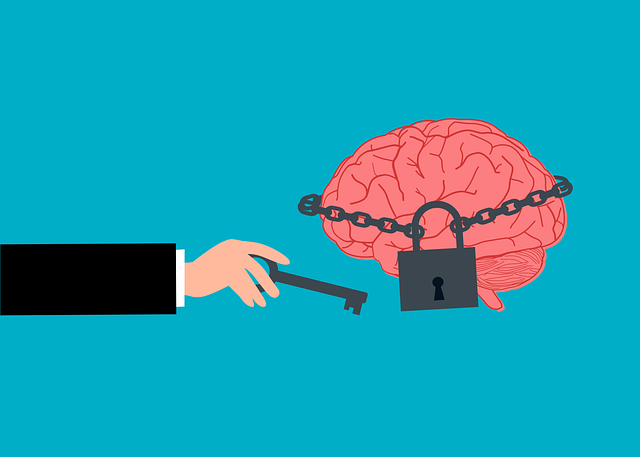Boulder Cognitive Processing Therapy (BCPT) is an effective approach to managing stress and enhancing mental well-being. By addressing negative thought patterns, BCPT empowers individuals to develop coping skills, challenge triggers, and restructure their thoughts. This tailored therapy promotes personal growth, reduces anxiety, and fosters resilience through mindfulness practices and physical activity, ultimately improving overall health and accessibility to stress management resources within the community.
Stress management is a vital skill in today’s fast-paced world. This comprehensive guide explores effective techniques, focusing on the transformative power of Boulder Cognitive Processing Therapy (BCPT). We’ll first unravel stress—its causes and impact on our well-being. Then, we’ll delve into BCPT as a step-by-step therapy, offering practical daily strategies for managing stress. From mindfulness to cognitive reframing, these techniques empower individuals to navigate life’s challenges with resilience and tranquility.
- Understanding Stress: Unraveling the Impact and Causes
- Boulder Cognitive Processing Therapy: A Step-by-Step Guide
- Practical Techniques for Daily Stress Management
Understanding Stress: Unraveling the Impact and Causes

Understanding stress involves recognizing its multifaceted nature as both a physical and emotional response to various life demands. In today’s fast-paced world, individuals often face numerous stressors that can significantly impact their mental wellness. From work pressures and financial worries to personal relationships and health issues, these triggers initiate a cascade of physiological changes in the body, leading to heightened anxiety, tension, or even chronic illnesses over time.
Boulder Cognitive Processing Therapy (BCPT) is a highly effective approach that targets the cognitive aspects of stress by identifying and challenging negative thought patterns. This therapy recognizes that our interpretations and perceptions play a crucial role in how we respond to stressful situations. By promoting healthier thinking habits and resilience-building strategies, BCPT equips individuals with powerful tools to manage stress effectively. Through mental wellness coaching programs and development opportunities, one can learn stress reduction methods tailored to their unique needs, fostering both personal growth and improved overall well-being.
Boulder Cognitive Processing Therapy: A Step-by-Step Guide

Boulder Cognitive Processing Therapy (BCPT) offers a structured approach to managing stress and improving mental well-being. This therapy is designed to help individuals identify and challenge negative thought patterns, replacing them with more adaptive and realistic ones. The process begins by educating clients about cognitive processes and how they influence emotions and behaviors. Through a step-by-step guide, therapists assist clients in understanding their unique thought structures and the impact these have on their daily lives.
The initial steps focus on coping skills development, encouraging individuals to recognize triggers and practice stress reduction methods. As therapy progresses, BCPT delves into restructuring negative thoughts, helping folks navigate and reduce the mental illness stigma through self-reflection and evidence-based techniques. This tailored approach empowers clients to gain a deeper understanding of their cognitive processes, fostering long-lasting positive changes in managing stress and related challenges.
Practical Techniques for Daily Stress Management

In today’s fast-paced world, stress management has become an essential skill for maintaining mental and emotional well-being. Practical techniques such as Boulder Cognitive Processing Therapy (BCPT) offer effective tools to tackle daily stressors. This form of therapy helps individuals identify and challenge negative thought patterns, thereby reducing anxiety and improving coping mechanisms. By focusing on cognitive restructuring, BCPT empowers people to manage stress in a more proactive manner.
Additionally, incorporating mindfulness practices and regular physical activity into one’s routine can significantly contribute to burnout prevention. These strategies not only enhance overall health but also foster resilience against the mental illness stigma reduction efforts. Community outreach program implementations can further support individuals by providing accessible resources and fostering connections, thereby encouraging open conversations about stress management and its importance in our daily lives.
Stress management is a valuable skill, and with techniques like Boulder Cognitive Processing Therapy, individuals can gain control over their mental well-being. By understanding stress and employing practical tools, one can navigate life’s challenges more effectively. This comprehensive guide offers a roadmap to reducing stress levels and improving overall resilience, ensuring a healthier and more balanced lifestyle.













